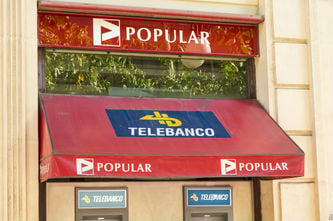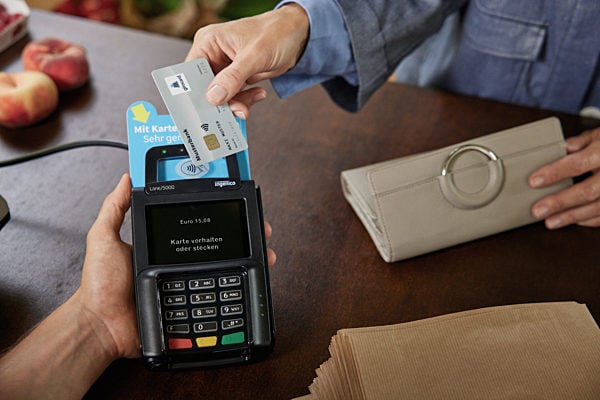“On June 6, the ECB determined that Banco Popular Espanol was failing or likely to fail,” the central bank, acting as the Europe's banking supervisory authority, said in a short statement.
“The significant deterioration of the liquidity situation of the bank in recent days led to a determination that the entity would have, in the near future, been unable to pay its debts or other liabilities as they fell due,”
it explained.
“Consequently, the ECB determined that the bank was failing or likely to fail and duly informed the Single Resolution Board (SRB), which adopted a resolution scheme entailing the sale of Banco Popular Espanol to Banco Santander.”
The purchase price was €1 according to the statement.
? Here's some background to explain why Santander has bought Banco Popular for €1 https://t.co/JoyGmiGTBC pic.twitter.com/jMZcofglp2
— Bloomberg (@business) June 7, 2017
For its part, the SRB said in a separate statement that it had “transferred all shares and capital instruments” of Banco Popular to Banco Santander.
“This means that Banco Popular will operate under normal business conditions as a solvent and liquid member of the Santander Group with immediate effect,” it said.
Banco Popular is Spain's seventh-biggest bank. It is still struggling under the crushing weight of the “toxic assets” accumulated since the 2008 crisis, comprising real estate seized from owners unable to pay back their loans and mortgages.
Compelled to re-sell them at a loss, Banco Popular was forced to set aside €5.7 billion ($6.4 billion) in provisions in 2016, pushing it into a net loss of 3.5 billion euros for the year.
Banco Popular has seen its market capitalisation drop by more than half in just one week on the Madrid stock exchange. On Tuesday, its shares had traded at as little as 0.32 euros apiece.
Banco Santander's investors did not seem to be particularly happy about the announcement that the bank would take over Banco Popular. Santander shares plunged by more than two percent on the Madrid stock exchange on Wednesday to around €5.67.
The overall market was showing a loss of around 0.9 percent.



 Please whitelist us to continue reading.
Please whitelist us to continue reading.